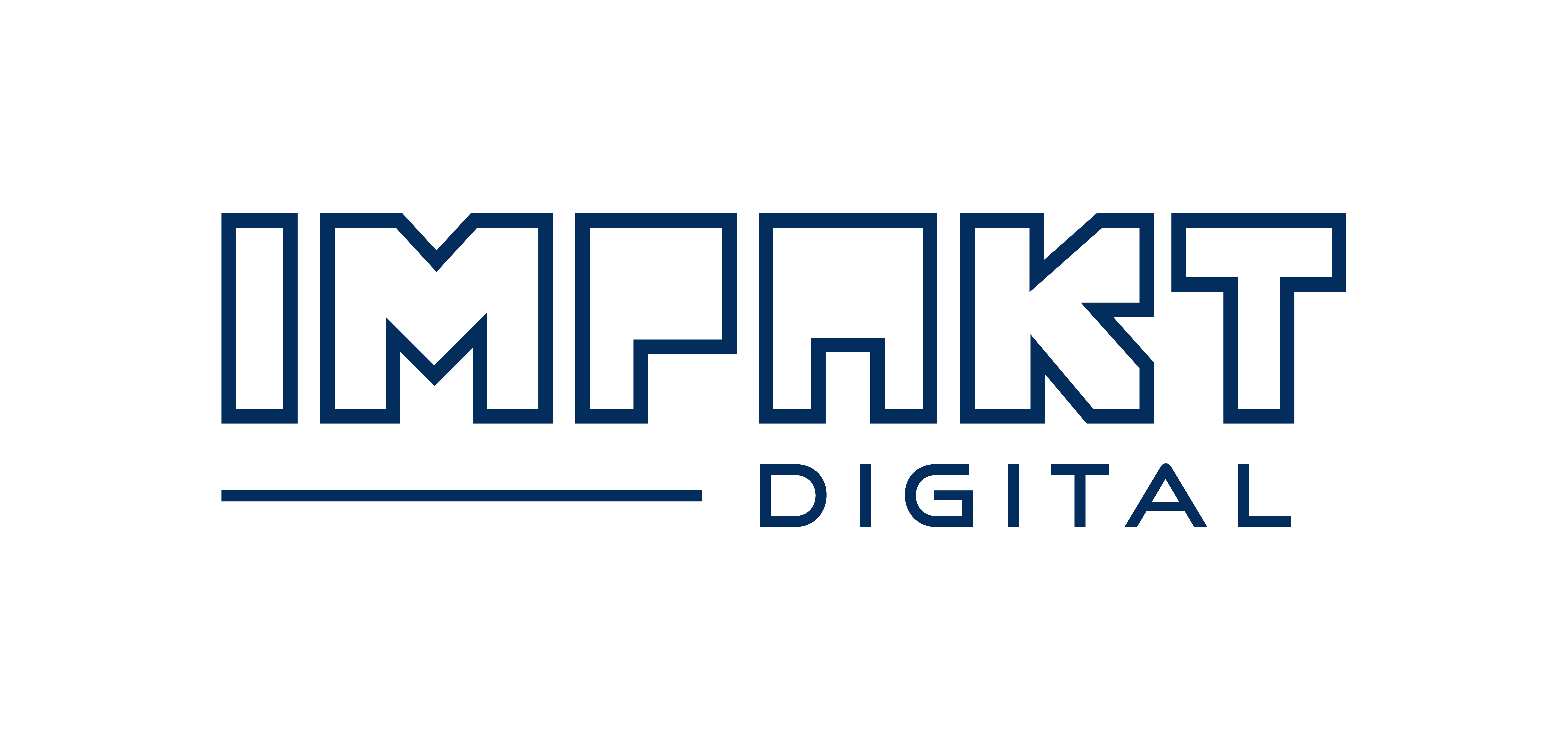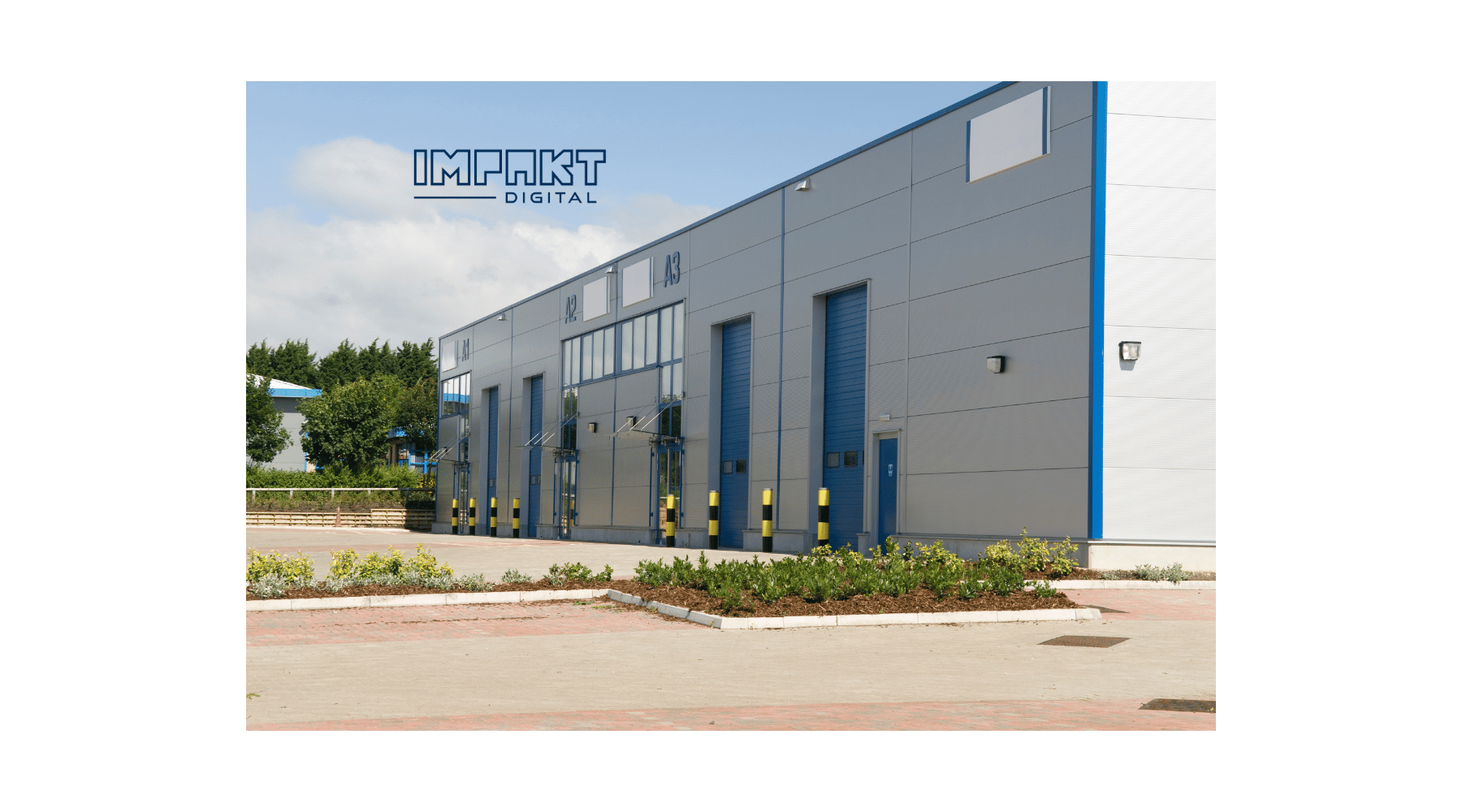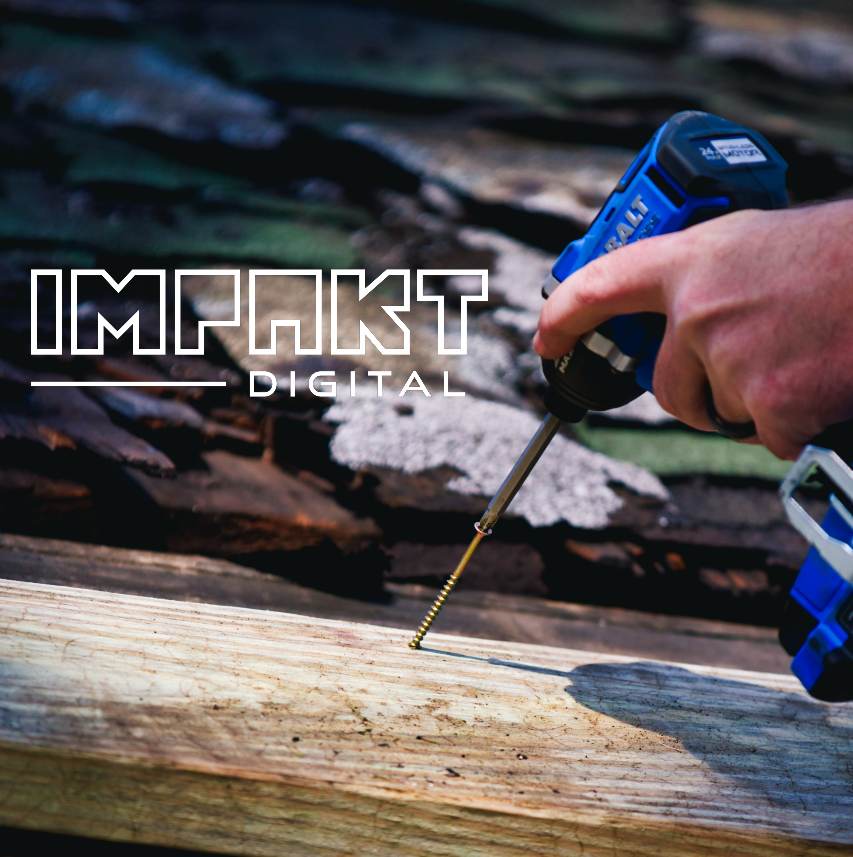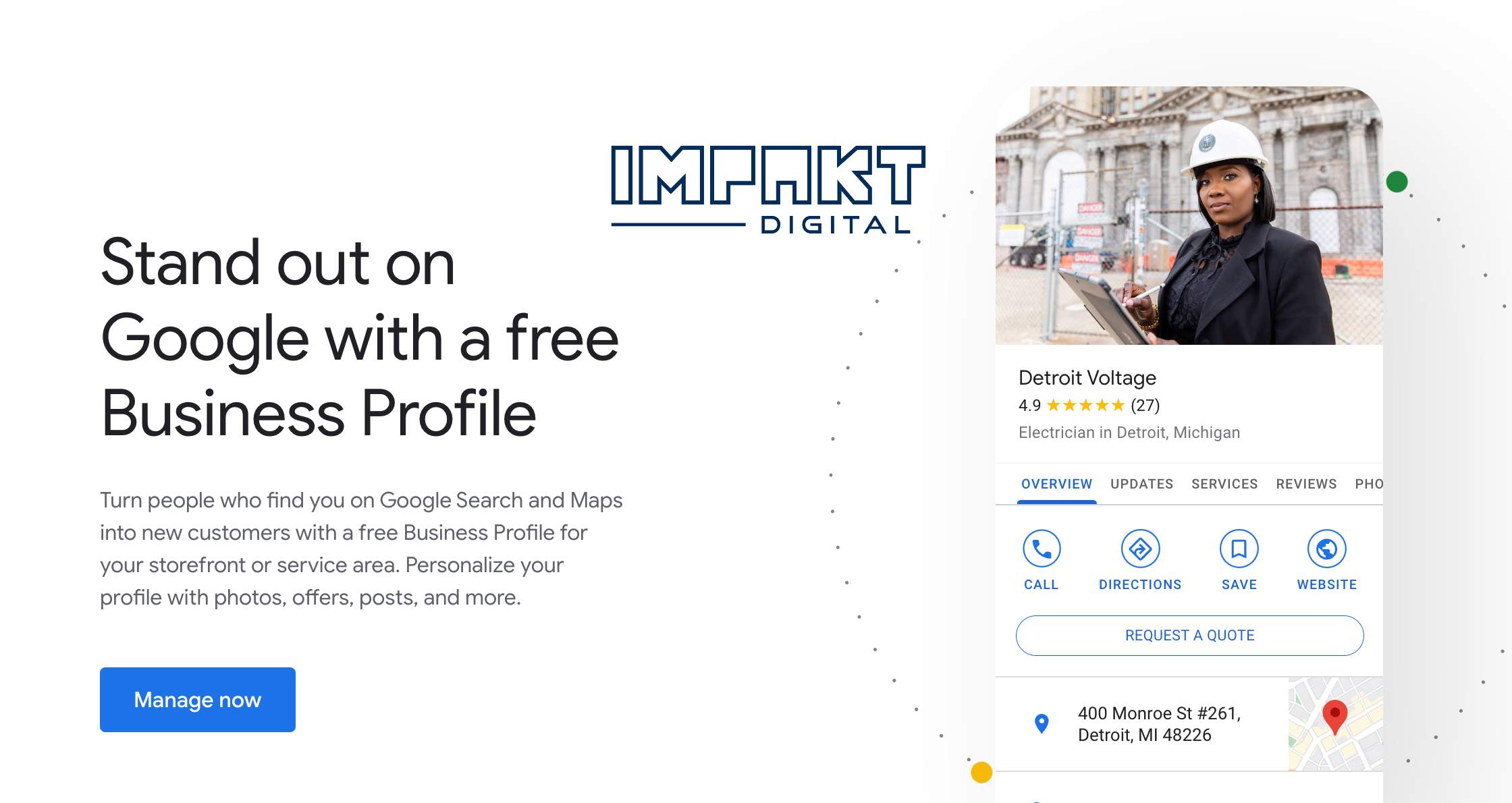
Introduction
In the competitive world of construction and subcontracting, carving out a niche and securing new commercial opportunities is more challenging than ever. With traditional methods of networking and word-of-mouth referrals being supplemented (and often overshadowed) by digital strategies, the need for a robust online presence has become crucial. This comprehensive guide is designed to usher subcontractors into the realm of digital marketing, illuminating how tools like SEO, Paid Ads, and other digital strategies can be leveraged to open doors to new commercial business opportunities.
Understanding and implementing these digital strategies is not just about keeping up with the times; it’s about taking proactive steps to ensure your business stands out in a crowded market. From mastering the art of search engine optimization (SEO) to crafting effective pay-per-click (PPC) ad campaigns, and harnessing the power of social media and content marketing, this guide covers the essential elements of digital marketing tailored specifically for subcontractors.
As we delve into this journey, remember: the goal isn’t just to be seen. It’s to be seen by the right people, at the right time, with the right message. Let’s explore how you can make this happen.
Understanding the Digital Marketing Ecosystem
The digital marketing ecosystem is vast and can be complex, but understanding its components is the first step in harnessing its power. For subcontractors, digital marketing offers a unique opportunity to target specific audiences, build brand awareness, and generate leads more effectively than traditional methods.
The Importance of Digital Marketing for Subcontractors
In the digital age, the first point of contact between a potential client and a subcontractor is often online. Whether it’s through a Google search, a social media post, or an online review, your digital presence speaks volumes about your business. Digital marketing provides the tools to not only be present in these digital interactions but to thrive in them.
Key Components of Digital Marketing
- SEO (Search Engine Optimization): This is the process of optimizing your online content so that a search engine likes to show it as a top result for searches of a certain keyword. For subcontractors, this means being found easily by potential clients looking for your specific services.
- Paid Ads (PPC): Pay-per-click advertising involves creating and placing ads in strategic places online, such as in search engine results or on social media platforms. You pay only when your ad is clicked, making it a cost-effective way to drive traffic to your website.
- Social Media Marketing: This involves using platforms like Facebook, LinkedIn, and Instagram to build your brand and connect with potential customers. It’s not just about posting updates; it’s about engaging with your audience and building relationships.
- Content Marketing: Providing valuable content – like blog posts, how-to guides, and videos – can establish your expertise and help potential clients trust your business.
- Email Marketing: Keeping in touch with prospects through email campaigns can help you stay top of mind, nurture leads, and announce new services or offers.
Understanding these components is just the start. The real magic happens when you integrate them into a cohesive digital marketing strategy. But before we dive into the specifics of each component, it’s important to grasp why they are essential for your business.
SEO Strategies for Subcontractors
In the digital marketing toolkit, Search Engine Optimization (SEO) is a powerful tool, especially for subcontractors. SEO is the practice of optimizing your online content so that it’s attractive to search engines like Google. When done right, it ensures that your website appears higher in search results when potential clients look for the services you offer. Here’s how you can harness the power of SEO:
Understanding SEO and Its Importance for Subcontractors
SEO is crucial for subcontractors because it directly affects your online visibility. Most people looking for contracting services start with a search engine. If your website ranks higher, it’s more likely to be visited, which can lead to more business inquiries and contracts.
On-Page SEO: Optimizing Website Content
On-page SEO refers to optimizing the content on your website. Here are some key aspects:
- Keyword Research: Identify keywords that potential clients might use to find services like yours. Tools like Google Keyword Planner can help. Once identified, these keywords should be naturally integrated into your website’s content.
- Content Quality: Ensure that your website has high-quality, informative content. This includes detailed descriptions of your services, blog posts on relevant topics, and case studies of past projects.
- Meta Tags and Descriptions: These are snippets of text that describe a page’s content; they’re important because they help search engines understand what your page is about.
- Image Optimization: Ensure that images on your site are optimized for the web. This includes using descriptive file names and alt tags, which also helps in search rankings.
Off-Page SEO: Building Your Online Authority
Off-page SEO is about enhancing your website’s authority through external means:
- Backlinks: These are links from other websites to yours. Having high-quality backlinks from reputable sites in the construction industry can significantly boost your SEO.
- Local SEO: For subcontractors, local SEO is vital. This includes optimizing your Google My Business listing and ensuring your business is listed accurately on local directories.
Technical SEO: Ensuring a Smooth User Experience
Technical SEO involves the backend elements of your website:
- Website Speed: A fast-loading website provides a better user experience and is favored by search engines.
- Mobile-Friendliness: With more people using mobile devices to search online, having a mobile-friendly website is essential.
- Secure Website (HTTPS): A secure website not only protects your and your visitors’ data but is also a ranking factor for Google.
The Power of Keywords: Specific to the Subcontracting Industry
Choosing the right keywords is crucial in SEO. As a subcontractor, your keywords should be specific to your trade and location. For example, “commercial plumbing services in Detroit” is more targeted than just “plumbing services.”
Leveraging Paid Advertising
For subcontractors, paid advertising, or Pay-Per-Click (PPC) advertising, is a potent tool to quickly drive traffic to your website and generate leads. PPC allows you to place ads in strategic online locations and pay only when someone clicks on your ad. Here’s how to make the most of it:
Introduction to PPC and Its Relevance for Subcontractors
PPC is ideal for subcontractors because it offers immediate results and precise targeting. Unlike SEO, which takes time to build up, PPC can put you at the top of search results almost instantly. It’s especially useful for targeting specific projects, locations, or services.
Choosing the Right Platforms for PPC
The platform you choose for your PPC campaigns depends on where your potential clients are most likely to be. The most popular platforms include:
- Google Ads: The largest PPC platform, ideal for appearing in Google search results.
- Bing Ads: While smaller than Google, Bing Ads can reach a different audience and often at a lower cost.
- Social Media Ads: Platforms like Facebook and LinkedIn offer PPC options and are great for targeted demographic and geographic advertising.
Creating Effective Ad Campaigns
A successful PPC campaign involves several key elements:
- Targeting: Define your target audience based on location, services sought, and other demographics.
- Ad Copy: Write compelling ad copy that clearly states what you offer and includes a call to action.
- Landing Pages: Design landing pages that are directly relevant to your ad. They should provide the information promised in the ad and make it easy for visitors to contact you.
- A/B Testing: Run different versions of your ads to see which performs best and optimize accordingly.
Budgeting and ROI Considerations
Effective budget management is crucial in PPC. Start with a modest budget, measure your return on investment (ROI), and adjust as you learn what works. Remember, the goal is to generate leads at a cost that makes sense for your business.
Tracking and Optimizing Ad Performance
Regularly review your campaign’s performance. Key metrics include click-through rate (CTR), conversion rate, cost per click (CPC), and overall ROI. Use these insights to refine your targeting, ad copy, and bidding strategies.
Integrating Other Digital Marketing Tactics
While SEO and PPC are crucial, a comprehensive digital marketing strategy for subcontractors should also include social media marketing, content marketing, and email marketing. These components work together to create a multifaceted online presence, build brand recognition, and engage with potential clients.
Social Media Marketing: Building Brand and Engagement
Social media is an invaluable tool for subcontractors to connect with their audience and showcase their work. Here’s how to leverage it:
- Platform Selection: Choose platforms where your potential clients are most active. LinkedIn is great for B2B connections, while Instagram and Facebook are ideal for visual content and broader audiences.
- Content Strategy: Share content that adds value, such as project updates, before-and-after photos, tips, and industry news. It’s not just about self-promotion; it’s about engaging and informing your audience.
- Community Engagement: Actively engage with your followers. Respond to comments, participate in relevant discussions, and create a community around your brand.
Content Marketing: Establishing Authority and Trust
Content marketing helps establish your expertise and provides valuable information to your audience:
- Blog Posts: Write and share articles that address common questions or issues related to your field. This can improve your SEO and position you as an authority in your industry.
- Case Studies and Testimonials: Showcase your best work with detailed case studies and client testimonials. These not only demonstrate your capability but also build trust with potential clients.
- Video Content: Videos can be a powerful tool, especially for demonstrating the quality of your work or explaining complex services.
Email Marketing: Nurturing Leads and Staying Top of Mind
Email marketing keeps you connected with potential and existing clients:
- Email Lists: Build an email list of prospects and clients. Offer valuable content or updates in exchange for their email addresses.
- Regular Newsletters: Send out regular newsletters with updates about your services, new blog posts, or industry news. This keeps your business top of mind and encourages repeat business or referrals.
- Personalized Campaigns: Segment your email list and send personalized content based on the recipient’s interests or previous interactions with your business.
Reputation Management: Enhancing Credibility Online
Your online reputation can significantly impact your business:
- Manage Online Reviews: Encourage satisfied clients to leave reviews on platforms like Google My Business and Yelp. Respond professionally to both positive and negative reviews.
- Monitor Your Online Presence: Regularly check how your business is represented online. Address any inaccuracies and ensure that your branding is consistent across all platforms.
Crafting a Comprehensive Digital Marketing Plan
A successful digital marketing campaign for subcontractors involves more than just implementing various strategies; it requires a cohesive and well-thought-out plan. Here’s how to create a digital marketing plan that aligns with your business goals:
Setting Clear Goals and Objectives
Begin by defining what you want to achieve with your digital marketing efforts. Are you looking to increase brand awareness, generate leads, or establish yourself as an industry authority? Setting specific, measurable, achievable, relevant, and time-bound (SMART) goals will guide your strategy and help you measure success.
Identifying Your Target Audience
Understanding your target audience is crucial. Identify who your ideal clients are, what their needs are, and where they spend their time online. This will inform your choice of marketing channels and the type of content you create.
Integrating SEO, Paid Ads, and Other Strategies
With your goals and audience in mind, develop a plan that combines SEO, paid ads, and other digital marketing tactics:
- SEO: Develop a long-term SEO strategy focused on optimizing your website and content for relevant search terms.
- Paid Ads: Plan your PPC campaigns to target specific audiences and complement your SEO efforts.
- Social Media, Content, and Email Marketing: Determine how these tactics can be used to support your overall goals. For instance, use social media and content marketing to drive traffic to your website, and email marketing to nurture leads.
Allocating Resources and Budget
Determine the resources and budget available for your digital marketing efforts. Allocate these resources based on the tactics that will best achieve your goals. Remember, digital marketing is not a one-size-fits-all solution; what works for one subcontractor might not work for another.
Monitoring and Adjusting Your Strategy
Your digital marketing plan should be flexible. Regularly review your campaigns and their performance against your goals. Use tools like Google Analytics to track website traffic, conversion rates, and other key metrics. Be prepared to adjust your strategy based on what the data tells you.
Embracing Digital Marketing for Sustainable Growth
As we’ve explored throughout this comprehensive guide, the digital landscape offers a wealth of opportunities for subcontractors to expand their reach, build their brand, and secure new commercial business opportunities. By effectively leveraging SEO, Paid Ads, and a variety of other digital marketing strategies, subcontractors can create a dynamic online presence that resonates with their target audience and drives real business results.
Key Takeaways
- SEO is a Long-Term Investment: It builds your online authority and drives organic traffic over time. Patience and consistency are key.
- PPC for Immediate Impact: Paid advertising offers immediate visibility and a quick way to generate leads, complementing your SEO efforts.
- The Power of Integrated Strategies: Utilizing a mix of social media, content, and email marketing can enhance your digital footprint and keep you connected with your audience.
- Adaptability is Crucial: The digital world is ever-changing. Staying flexible and ready to adjust your strategies based on performance data ensures continued success.
Looking Ahead
The journey into digital marketing is ongoing. As technologies evolve and new platforms emerge, staying informed and adaptable will be crucial for subcontractors looking to stay ahead in the competitive market. Remember, the essence of digital marketing lies in its ability to connect more intimately with your audience, understand their needs, and respond more effectively than ever before.
Final Thoughts
Digital marketing is no longer a choice but a necessity in today’s digital era. For subcontractors, embracing these strategies means not just surviving but thriving in a landscape that’s constantly evolving. It’s about creating meaningful connections, building a robust online presence, and paving the way for sustainable growth and success.




